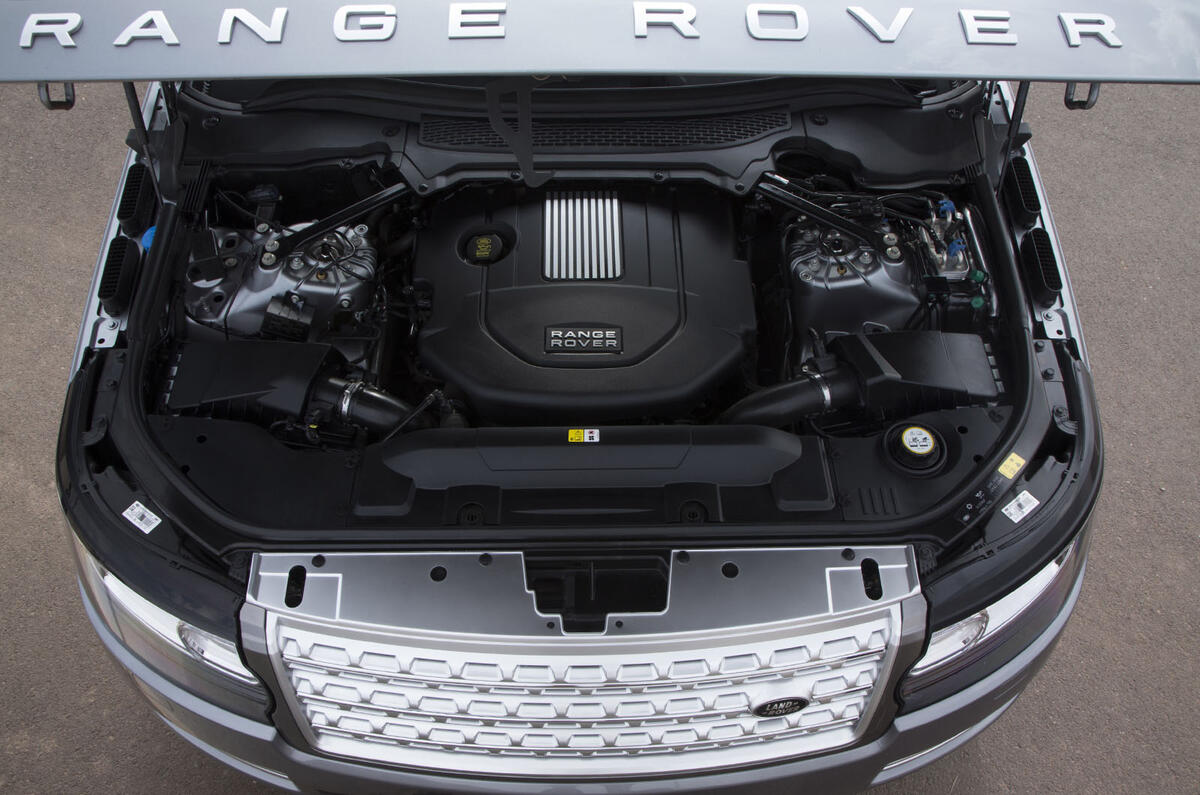Diesel engines will continue to make-up the bulk of engines powering Jaguar Land Rover vehicles in the future, despite pressure from lobbyists concerned about air pollution.
Speaking at a business briefing in the Midlands, JLR’s UK managing director Jeremy Hicks, forecast a continuing significant importance of diesel engines, which power 70 per cent of JLR’s UK sales, equivalent to around 70,000 new cars a year.
“I am not convinced that we’ll see a wholesale change away from diesel. And we are certainly not seeing any marked shift away from diesel today,’ said Hicks.
VW’s boss Paul Willis recently predicted a possible drop in the UK diesel mix to as low as 30 per cent, driven by air pollution worries. It is currently 55 per cent, a growing percentage driven by CO2-based road tax and company car taxation.
A bigger mix of diesels is also a by-product of JLR’s successful push to increase sales with fleet customers, whose buying decisions are driven strongly by CO2 figures.
JLR has increased its proportion of fleet sales from 37 per cent in 2013 to 44 per cent last year and is expecting a further shift, over the next couple of years of several percentage points, towards the industry average of 46 per cent.
‘We’re catching-up, because we’ve always been dominated by retail sales. But now we’ve addressed whole life running cost issues, helped by the new Ingenium engines, which are giving us CO2 figures like 110g/km in the Range Rover Evoque,’ says Hicks.
JLR is also committed to diesel-hybrids, a powertrain that suits its product mix of large luxury cars and SUVs.
However, a new family of four-cylinder petrol-engined hybrids is on the way, which could power the smaller vehicles in its range, like the Jaguar XE, RR Evoque and LR Discovery Sport.
JLR is close to starting series of production of the petrol-engined version of the all-new four-cylinder alloy-blocked Ingenium engine.
Code-named AJ200, the petrol version of the Ingenium two-litre is in pilot build at JLR’s new engine plant at Wolverhampton in a new assembly hall alongside the diesel line, which can build 1200 engines a day.






Join the debate
Add your comment
Channel 4
For user: Mini2
More investment needed in petrol.